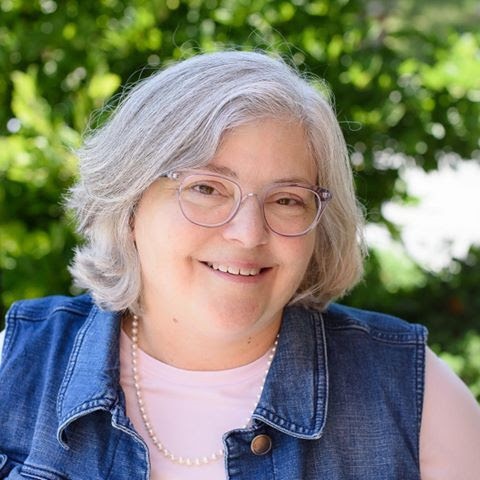Displaced
For the days are surely coming, says the LORD, when I will restore the fortunes of my people, Israel and Judah, says the LORD, and I will bring them back to the land that I gave to their ancestors and they shall take possession of it. – Jeremiah 30:3 (NRSV)
I pulled out our rice cooker the other day and was immediately frustrated. There are lines inside with numbers beside them. I assumed they measured the water to be added, but I thought my wife said she put the rice in first. Something was wrong.
The manual clarified things. The rice cooker allows for the way the rice displaces the water; the lines mark their combined volume.
Jeremiah received a word from God for the people of Israel exiled in Babylon: they would be returned to the land their families left generations before. While we might read this as good news, it would displace the community again. Only one chapter earlier (29:4-7), God had Jeremiah tell the people to put down roots where they were. They knew Jerusalem only from stories. Why would God send them into a different exile now?
Can we restore what has been displaced? Once the rice and the water are in the cooker together, I can only adjust the amounts to keep things in proportion, not go back and separate what has been mixed together.
How will God restore what has been displaced by human action? We see exile today in refugee children torn from their parents, families separated by unjust incarceration, and whole communities traumatized by police violence. What we have done to others cannot be undone, yet God calls us to the hard work of building community for all people, repenting, adjusting, and finding new proportions of love and justice that line up with God’s measure.
Prayer
Holy One, show us how to care for people who are displaced and restore us all to relationship with you. Amen.
 About the Author
About the AuthorMartha Spong is a UCC pastor, a clergy coach, co-author of Denial is My Spiritual Practice (and Other Failures of Faith), and editor of The Words of Her Mouth, coming in 2020 from The Pilgrim Press.